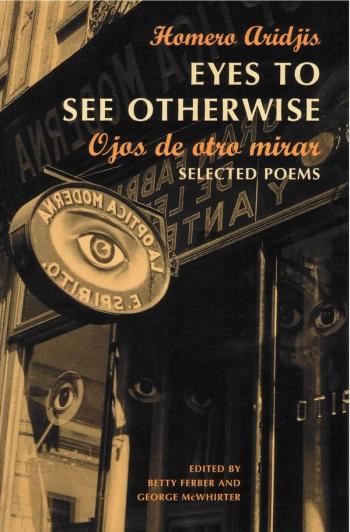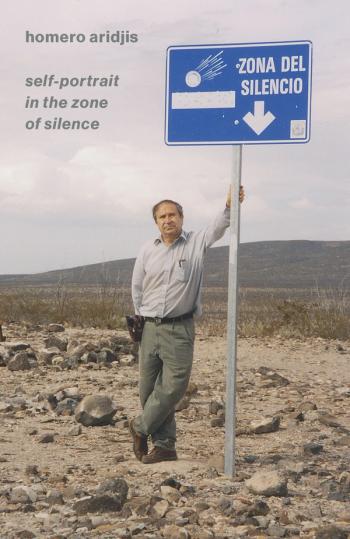George McWhirter
George McWhirter shared the first Commonwealth Poetry Prize with Chinua Achebe in 1972 for Catalan Poems (Oberon Press). His own poetry is anthologized in The Penguin Book Of Canadian Verse And Irish Writing In The Twentieth Century (Cork University Press). He has translated and published prose by Marco Denevi, Carlos Fuentes and Mario Arregui, and the following books from the Spanish: The Selected Poems Of José Emilio Pachecho (New Directions), which won the F.R. Scott Prize for Translation; Eyes To See Otherwise: The Selected Poems Of Homero Aridjis (Carcanet and New Directions), Solar Poems by Homero Aridjis (City Lights) and A Time Of Angels (Fondo de Cultura Económica and City Lights, 2012). An anthology of contemporary Mexican poetry, Where Words Like Monarchs Fly, which he edited, appeared from Anvil Press in 2000; his version of Hecuba by Euripides was produced by Blackbird Theatre at the Vancouver East Cultural Centre in 2009, one of his projects as Vancouver’s Inaugural Poet Laureate from 2007 – 2009.


